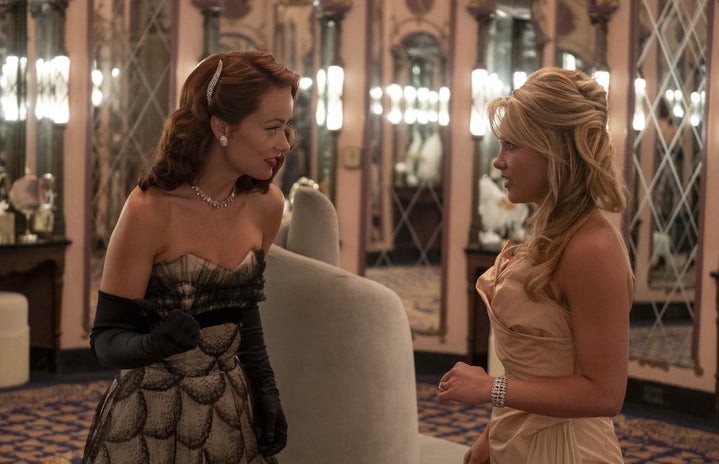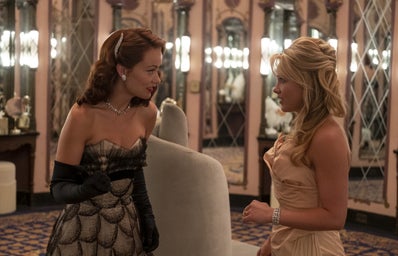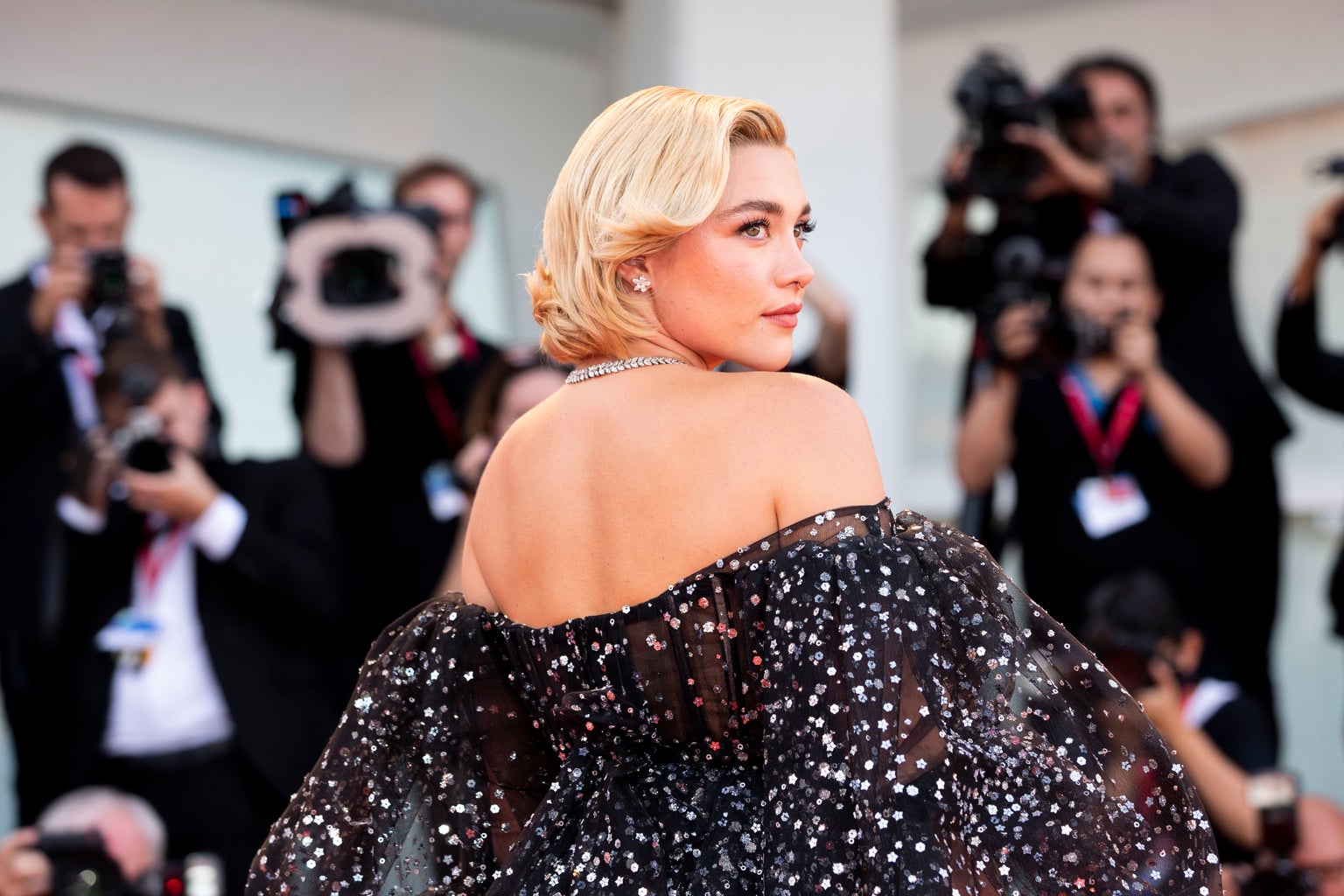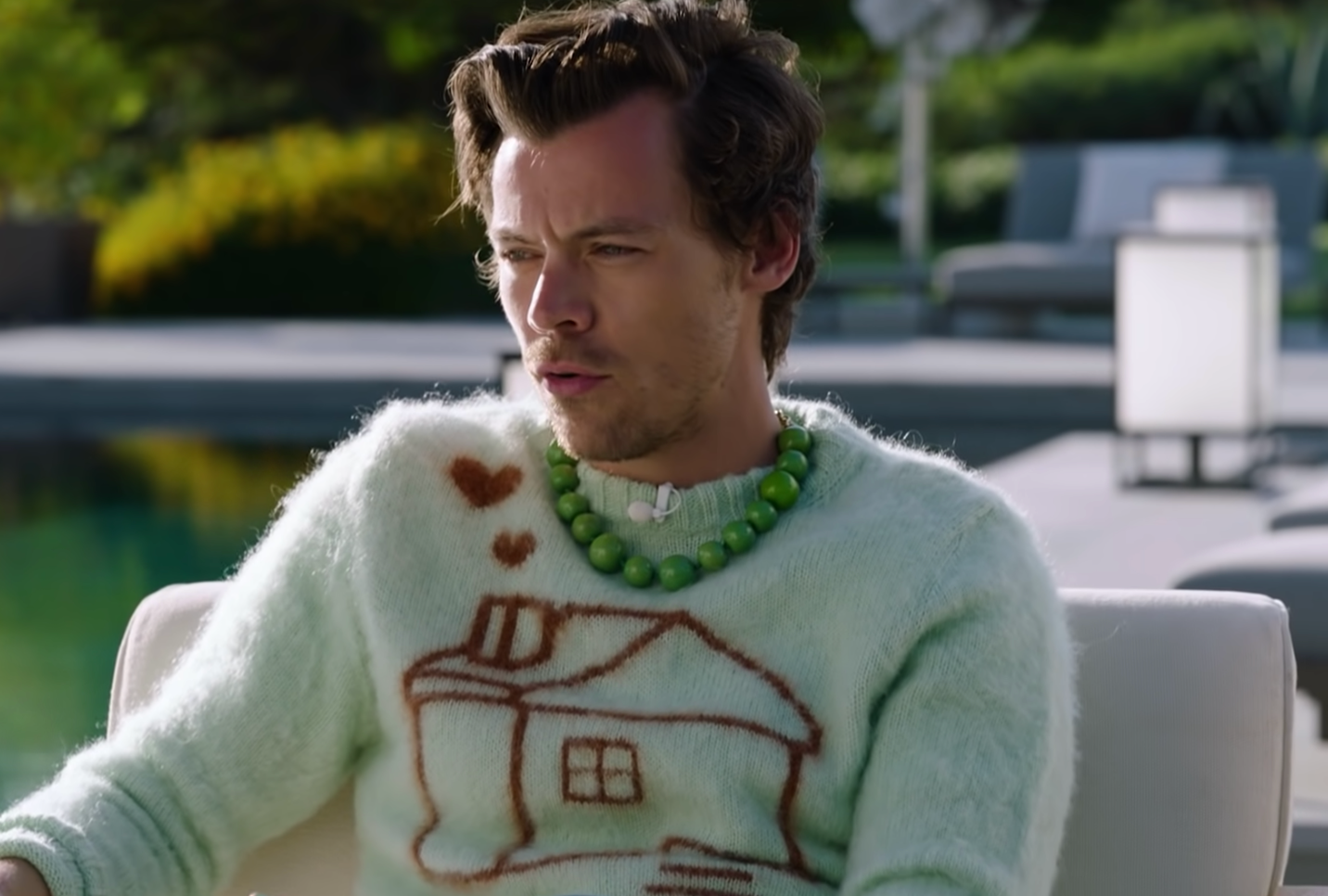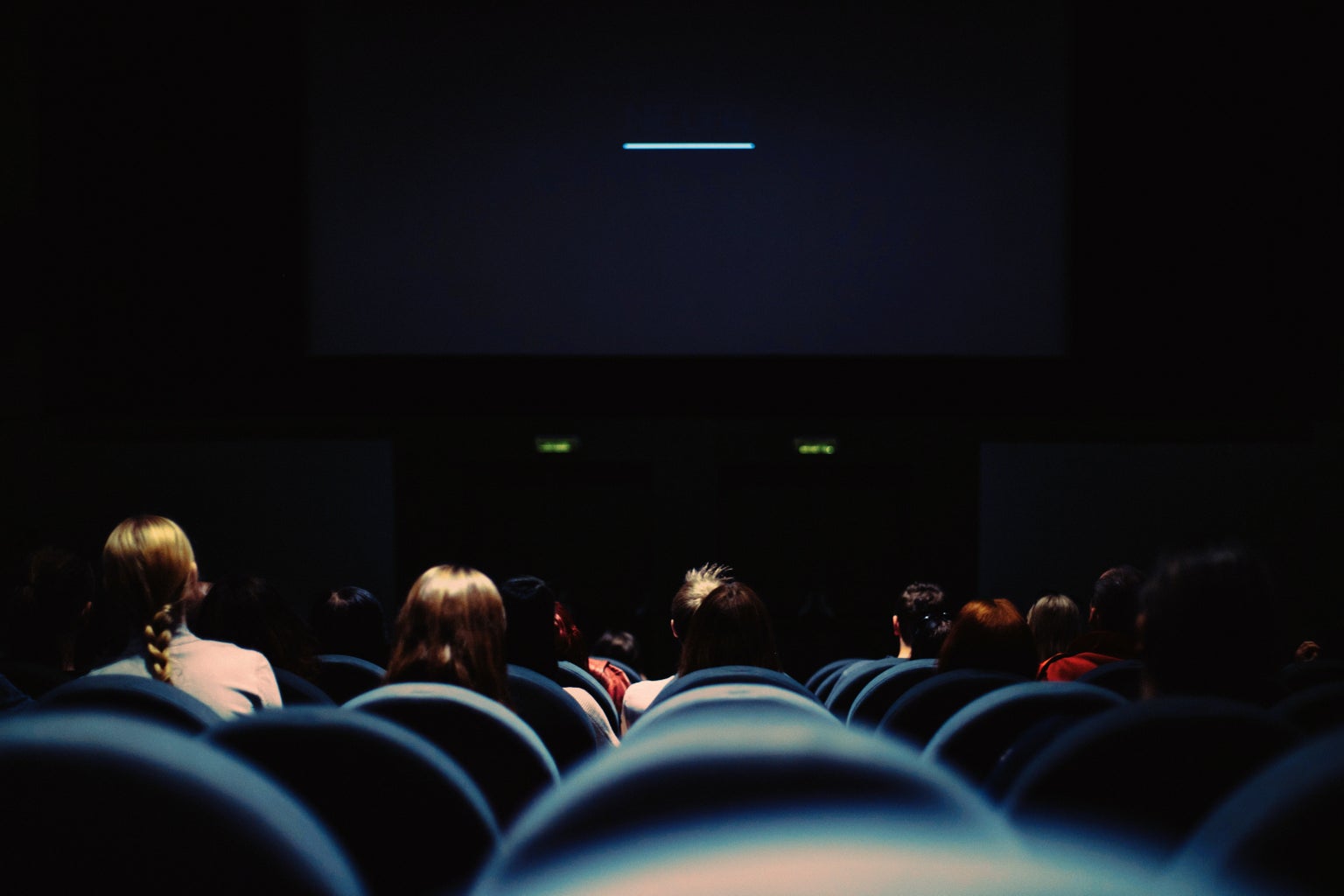If you’ve read anything about “Don’t Worry, Darling,” you’ve probably read about Olivia Wilde and Florence Pugh’s rivalry, or Harry Styles’ rather nepotistic casting, or Chris Pine’s meme-worthy facial expressions at press events. You know all about the “Miss Flo” conflicts, the inability Harry possesses to do an American accent, and once again, Chris Pine’s iconic facial expressions, but is anyone talking about the movie itself? Is anyone removing all of the very public behind-the-scenes drama as a factor in their review of the film? Because, quite honestly, it’s worth separating the two. It’s impossible to give “Don’t Worry, Darling” a genuine review if you’re thinking about everything that went on during filming, but it doesn’t seem like everyone has gotten that message. We all know that any press preceding a film’s premiere is good press because it keeps a film’s name fresh in people’s minds, which furthers their curiosity and gets them a seat in the theater (and their money in the creators’ pockets). But how much pre-premiere press is too much? When does it almost bleed into the project itself?
“Don’t Worry, Darling” was a very good movie- that is, it did its job of telling a story and keeping an audience engaged. Art is supposed to incite reaction and subsequent conversation, and that is what this film did. From the stunning visuals and sound effects to the carefully placed dramaturgical inconsistencies, Olivia Wilde proved once again that she is an exquisite director in the way she brings this screenplay penned by Katie Silberman to life. Additionally, this movie’s stark contrast to “Booksmart,” Wilde’s first project (also scripted by Silberman), proved her versatility as a director. Florence Pugh gave an Oscar-worthy performance as main character Alice, and incredible performances were also given by Chris Pine, Gemma Chan and Wilde herself.
Harry Styles, on the other hand….well, he certainly helped the film make some money. However, plenty of Harry fans are willing to give him a good review out of sheer loyalty and sympathy, even though his music has nothing to do with this movie. The goal of this film was to be a commentary on the tyrannical regime that is the patriarchy, but whether or not this goal was achieved has been widely debated, and when debating, many will drag in the Olivia vs Florence debate.
Plenty have said that Olivia Wilde can hardly be considered “feminist” after publicly going after Florence, and others have claimed that Florence carried this entire project by herself, but is all of that really displayed by what went onto the silver screen? We’ve all heard of “separating the art from the artist,” but that seems to have gone out the window in most reactions to “Don’t Worry, Darling.” It’s not right that so many opinions have been skewed by offscreen drama; at the end of the day, this is a piece of art put forward by a group of talented and hardworking artists who do deserve to take pride in their work and have it received as honestly as possible. Whether you’re a critic or a casual viewer, try and factor the drama out. Art is what keeps the world moving, so make sure to give the art the attention it needs and deserves.
